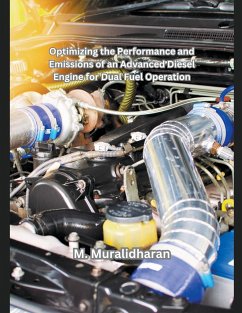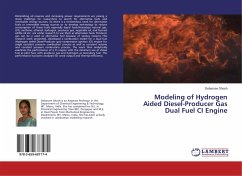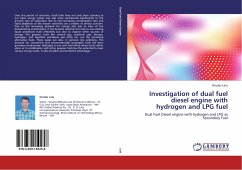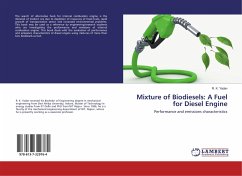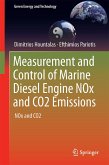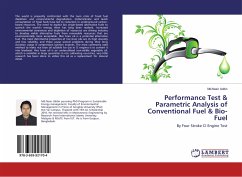Energy is widely regarded as one of the key contributors to economic development and personal comfort. Economic expansion and energy use are closely related to one another. The availability of affordable, environmentally acceptable energy sources is necessary for the growth of an economy and for it to remain competitive on a global scale. Conversely, the level of economic development is considered to be affected by energy consumption. Due to rising population and economic development, consumption has recently increased. We are fortunate to have both moderate and renewable energy resources. We lack resources with a high energy density, such as nuclear power plants and fossil fuels. Diesel engines have slowly become more popular over the past century as a fuel-efficient and dependable form of transportation for commodities and the general public, as well as for other essential social needs, including small-scale power generation and other similar activities. They often have advantages over spark-ignition engines due to their reduced regulated emissions of CO, unburned HC & carbon dioxide (CO2) and better thermal efficiency. Diesel engines also have the advantage of using low-energy alternative fuels like biogas since they can run at a higher compression ratio. On the other hand, diesel engines generate dangerous pollutants, including PM and NOx. Because of their potential health hazards and effect on visibility, these emissions are a hazard. When exposed, particulate emissions have the potential to cause occupational cancer and have a number of other negative health effects. Diesel engines, when used as part of a transportation system, are widely acknowledged as a significant source of ambient particulate matter. Natural gas, a widely recognized gaseous alternative fuel, consists of various gas species and is derived from fossil sources. It is possible to find fossil natural gas either by itself or in conjunction with other fossil fuels (eg, coal in coal beds and crude oil in oil fields). Natural gas's properties are fundamentally identical to those of methane (CH4) which is its principal composition.

